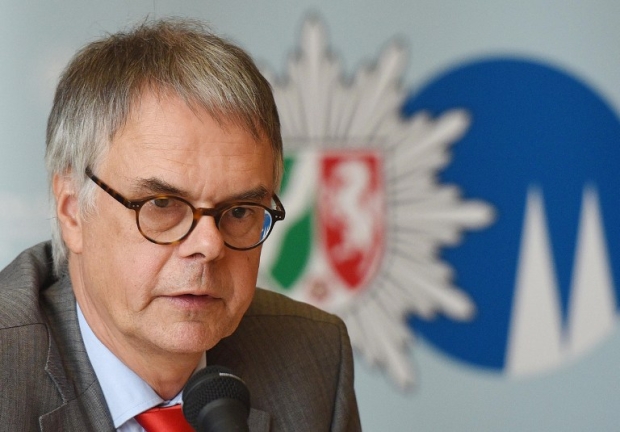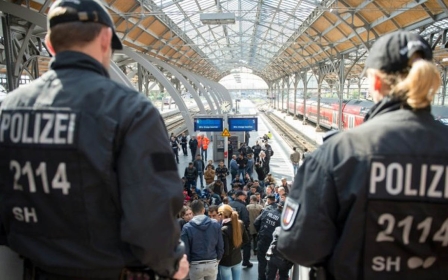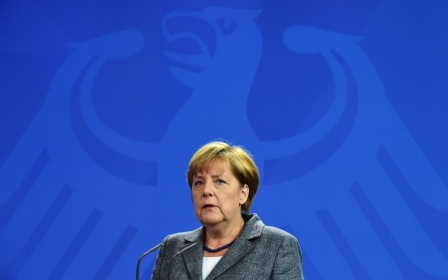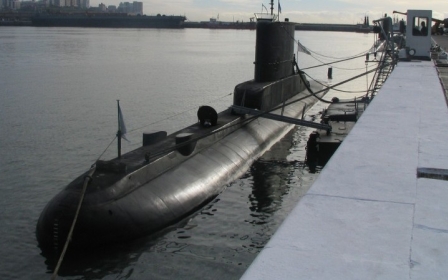Police chief sacked over Cologne attacks response
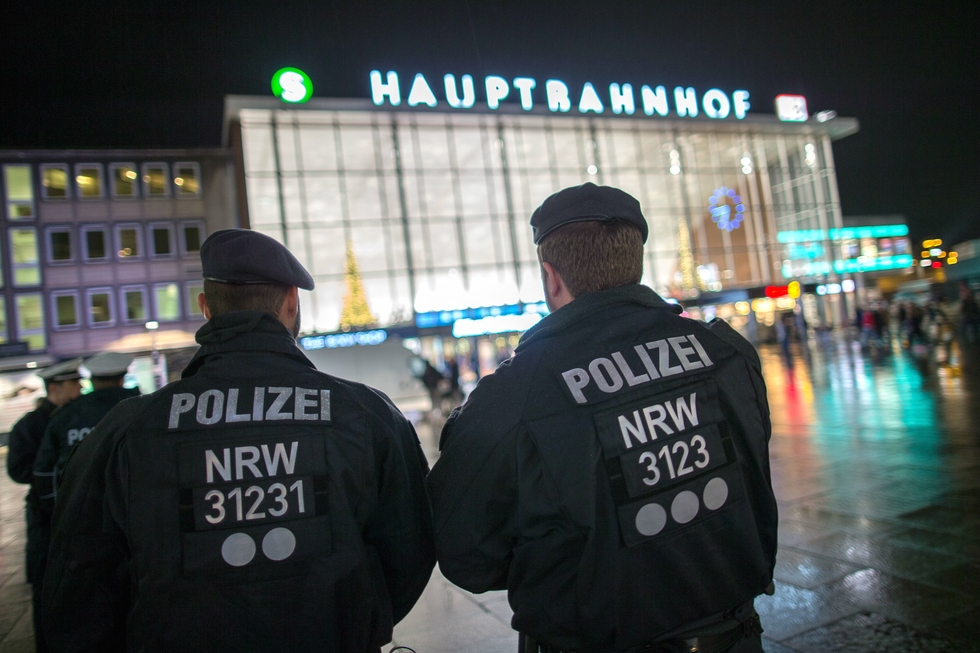
Cologne's police chief was sacked on Friday amid questions over his handling of an investigation into a spate of assaults during New Year's Eve celebrations in the German city that witnesses blamed on men of "Arab or North African origin".
A statement on the Cologne police force's Facebook page said that Wolfgang Albers had been ordered to step down by Ralf Jaeger, Germany's interior minister.
Albers had faced pressure over allegations in the German media that police attempted to play down the involvement of asylum seekers because of the political sensitivity of the issue.
Earlier on Friday he had dismissed those allegations as "completely absurd".
But he said later that he accepted his removal in order to restore public confidence in the police.
Henriette Reker, Cologne's mayor, said on Thursday that the police appeared to have had a "more nuanced picture" of the background of possible suspects than had been conveyed to her, according to the Kolner Stadt-Anzeiger local newspaper.
German authorities said on Friday that 18 asylum seekers were among 31 suspects being investigated for offences including assault and theft.
The suspects included nine Algerians, eight Moroccans, four Syrians and five Iranians, as well as others from Germany, the United States, Serbia and Iraq, an interior ministry spokesperson told a news conference.
Police have said they are investigating 121 complaints of assault, with at least three-quarters of those cases involving sexual offences, including two alleged rapes.
But interior ministry spokesperson Tobias Plate said the suspects so far identified were mostly under investigation for theft and causing bodily harm.
The attacks on women at Cologne's main station last week have prompted concerns in Germany about the country's "open-door" response to the refugee crisis that saw more than one million asylum seekers arrive in Germany last year.
The Die Welt newspaper reported that a large crowd of men had gathered near the station, letting off fireworks and drinking, with some harassing women.
German Chancellor Angela Merkel condemned the attacks on Thursday, calling them "abominable, criminal acts... which Germany will not tolerate," and said they raised "serious questions" about the "fundamentals of cultural co-existence in Germany".
Concerns about the attacks have reverberated beyond Germany to other European Union states that have faced an influx of refugees from countries including Syria, Iraq and Afghanistan via Turkey and the Balkans in recent months.
On Friday Robert Fico, the Slovakian prime minister, called for an extraordinary EU summit to address issues raised by the incident.
Cologne, a city of about 600,000 people, accepted more than 10,000 refugees in December alone, but some said they now feared a backlash, with Pegida, the anti-Muslim protest movement, set to demonstrate in the city on Saturday.
One Muslim woman from Bosnia, who did not want to be identified, told the AFP news agency that she had stopped wearing a headscarf and did not go out after dark because of her concerns about a recent increase in anti-Muslim attacks.
"In every culture, there are people who behave badly," she said. "We understand that some Germans are afraid [but] do not put all the refugees in the same bag."
New MEE newsletter: Jerusalem Dispatch
Sign up to get the latest insights and analysis on Israel-Palestine, alongside Turkey Unpacked and other MEE newsletters
Middle East Eye delivers independent and unrivalled coverage and analysis of the Middle East, North Africa and beyond. To learn more about republishing this content and the associated fees, please fill out this form. More about MEE can be found here.


